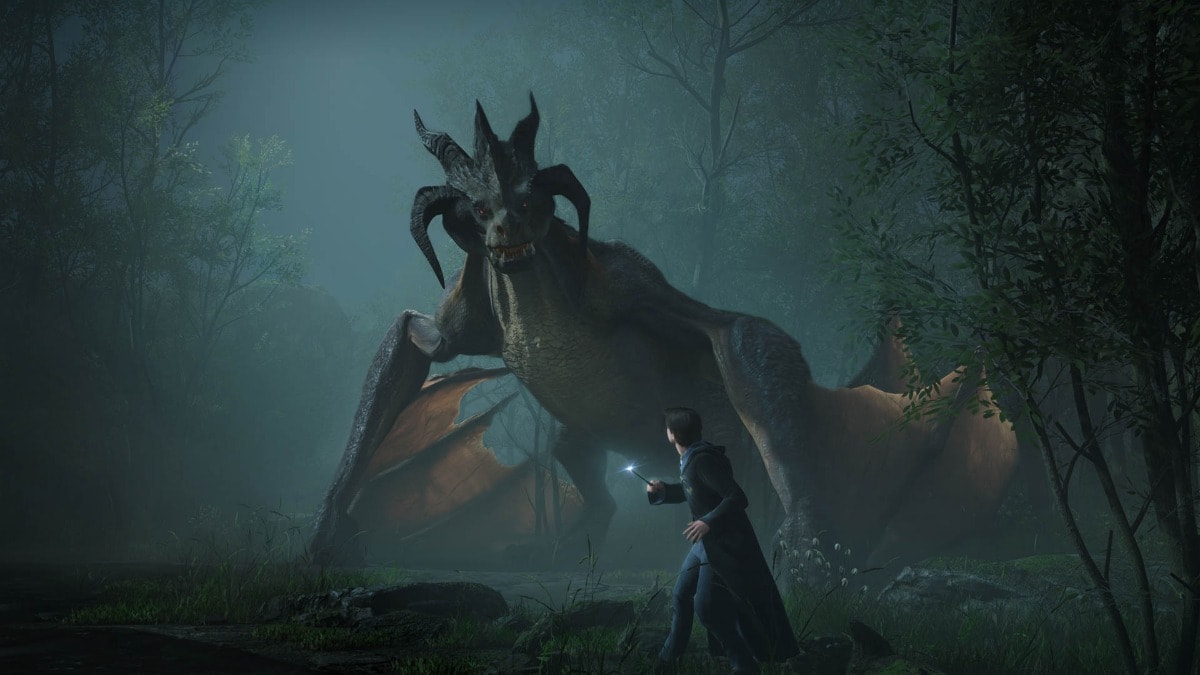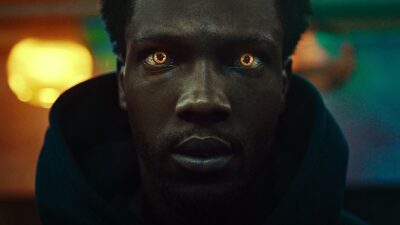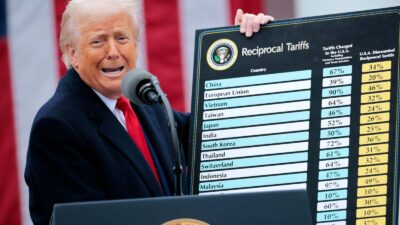Hogwarts Legacy is an RPG set in the wizarding world of Harry Potter. The game is making headlines for all the wrong reasons.
The resurgence of Hogwarts Legacy is related to the controversy surrounding “Starfield,” another highly anticipated game. In a viral video, a British individual vented his anger over “Starfield” allowing players to choose their preferred pronouns during character creation. This decision by the game’s developers incited so much outrage among some individuals that they returned the game solely due to the feature.
this weird british guy losing his mind over selecting pronouns in starfield is the perfect demonstration for why we must bring back lobotomies pic.twitter.com/py3wsH78XC
— hasanabi (@hasanthehun) September 3, 2023
What’s the connection to Hogwarts Legacy? The developers of the Harry Potter-inspired game had to distance themselves from J.K. Rowling’s anti-trans views. She was quite vocal about her stand point on Twitter, and it induced a culture war earlier in the year. While some players boycotted the game to protest her “regressive” views, others started playing out of spite against the protestors.
The makers of the game designed a character creation system that allowed players to detach terms like “Witch” and “Wizard” from gender and select masculine or feminine voices independently. It was supposed to promote inclusivity somehow. The game even introduced a high-profile trans character featured in sidequests.
Also Read – Rugrats: Adventures in Gameland- Confirmed by Mix Games and Wallride
Some gamers praised “Hogwarts Legacy” as a victory for inclusivity while conveniently ignoring similar gender-inclusive options in “Starfield.” It seems that for some, labeling a game “woke” has become a way to score points in the ongoing culture war.
The pronoun selection in “Starfield” is quite unobtrusive. The game assigns pronouns based on the character’s body type by default, and players must manually change them if they wish to do so. It’s quite easy to overlook the feature.
“Starfield” doesn’t delve deeply into any particular political narrative. The game’s factions and characters present a complex web of allegiances and betrayals, touching on themes of power and corruption, but it avoids explicit political commentary.




